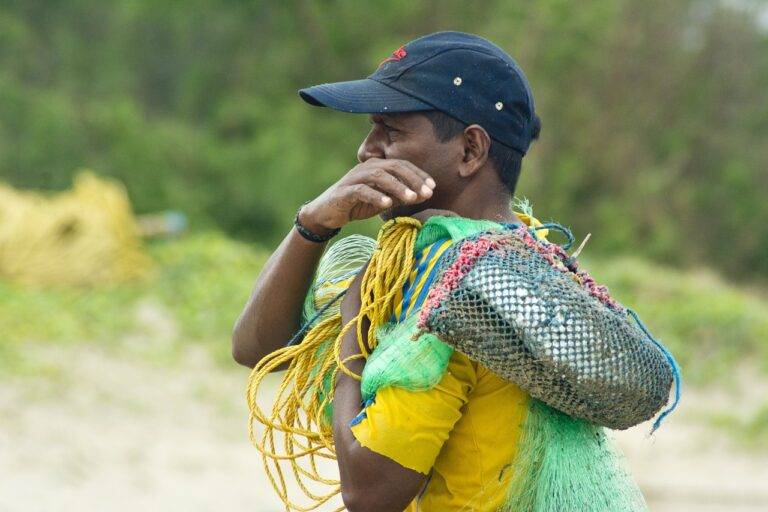Diaspora Voting: Challenges and Opportunities
Diaspora voters encounter various obstacles when trying to participate in elections in their home countries. One of the primary challenges is the logistical difficulties associated with voting from abroad. Many countries lack proper mechanisms for overseas voting, leading to complex and cumbersome processes that deter diaspora voters from exercising their right to vote. In some cases, voters must travel long distances to embassies or consulates to cast their ballots, making it inaccessible for those living in remote areas or without the means to travel.
Additionally, diaspora voters often face legal and bureaucratic hurdles that impede their ability to participate in elections. Some countries impose stringent identification requirements that are difficult for overseas citizens to meet, leading to disenfranchisement. Furthermore, lack of awareness about registration deadlines, voting procedures, and electoral candidates among the diaspora community also contributes to low voter turnout. These challenges highlight the need for improved systems and support to ensure that diaspora voters can actively engage in the electoral process.
Barriers to Participation in Elections
Upon examination of the challenges faced by diaspora voters in participating in elections, several barriers become evident. One primary obstacle is the lack of accessible voting options for citizens living abroad. Many countries do not offer convenient methods for diaspora voters to cast their ballots, making it difficult for them to engage in the electoral process effectively.
Another significant barrier for diaspora voters is the issue of stringent registration requirements. In many cases, individuals living abroad must navigate complex and bureaucratic registration processes in order to be eligible to vote. This often deters potential voters from participating, as the hurdles to register can be time-consuming and discouraging.
What are some common challenges faced by diaspora voters?
Some common challenges faced by diaspora voters include difficulties in registering to vote, lack of information on how to vote from abroad, and logistical issues in returning to their home country to cast their vote.
What are some barriers to participation in elections?
Some barriers to participation in elections include voter suppression tactics, such as restrictive voter ID laws, gerrymandering, and limited access to polling locations. Other barriers include lack of transportation to polling places, long wait times at polling stations, and disenfranchisement of certain groups of people.
How can diaspora voters overcome the challenges they face in participating in elections?
Diaspora voters can overcome challenges by staying informed about their voting rights and options, utilizing resources provided by their home country’s election commission, and actively participating in advocacy efforts to make voting more accessible for overseas citizens.
What measures can be taken to remove barriers to participation in elections?
Measures to remove barriers to participation in elections include implementing automatic voter registration, expanding early voting options, ensuring equitable access to polling locations, and combating efforts to suppress voter turnout. Additionally, increasing voter education and outreach efforts can help to empower more individuals to participate in the electoral process.





